Saturday, 27/04/2024 | 04:05 GMT+7
The decision is being hailed as another step towards having 90 per cent of New Zealand's electricity supply generated by renewables by 2025.
Chief executive Albert Brantley said the company has been on track to retire the four coal/gas fired Rankine units since 2009.
"The development of lower cost renewable generation, principally wind and geothermal, investment in the HVDC link, and relatively flat growth in consumer and industrial demand for electricity have combined to reinforce the decision to retire the remaining Rankine units, which will deliver further operational efficiencies to Genesis Energy," he said.
The station was commissioned in 1982 to run on gas and coal. As Maui gas supplies began to run out in the early 2000s, coal increasingly became the major fuel. When running entirely on coal, the station could use over 3 million tonnes a year, some of which was imported.
However in recent years the company has stopped using coat and the remaining two units had been marginal.
Brantley said the company would save between $20 million and $25 million a year.
Genesis will continue at the Huntly site with the two existing gas-fuelled units, the high efficiency 400MW Unit 5, and the smaller 50 MW open cycle Unit 6.
"The decision to close the Rankines has been taken after a significant assessment of the company's generation position, our ability to meet our ongoing commitments to our customers, and the impact on our loyal," he said.
A Genesis spokesman said the Rankine units and subsequent reconfiguration of the Huntly Power Station would lead ultimately to the reorganisation of Genesis Energy's workforce.
"However, it is too early to be any more specific than that, as the detail will take some time to work through."
Genesis Energy's coal supply contract with struggling Solid Energy expires in June 2017.
With around 700,000 tonnes of coal in its own stockpiles, ongoing coal deliveries until June 2017 and ample supplies of natural gas, Genesis said it had no fuel availability issues at the station.
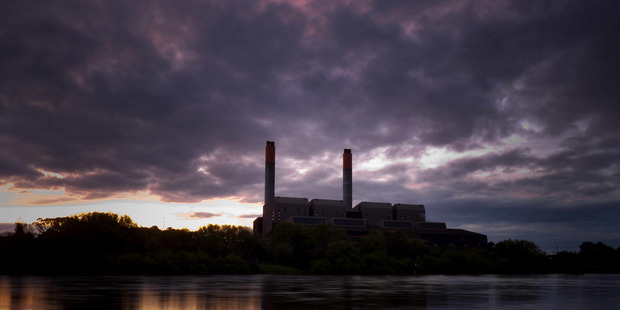
At their peak, the coal units emitted around 5000 kilotonnes of CO2 per year - amounting to around 5 per cent of New Zealand's total greenhouse gasemissions.
With decreased utilisation of the Rankine units, and recent commissioning of more efficient gas generation on site, carbon emissions at Huntly dropped to around 2300kt in the 2015 financial year, and will drop significantly after 2018.
Energy and Resources Minister Simon Bridges said the decision to quit coal was a sign of the times.Historically coal had played an important role in ensuring the security of New Zealand's electricity supply, particularly in dry years when hydro-lake levels were low.
Investment in other forms of renewable energy in recent years, particularly in geothermal, meant that a coal backstop is becoming less of a requirement, he said.
Geothermal generation has more than doubled over the past decade and for the first time in 40 years, geothermal electricity generation contributed more electricity than natural gas during 2014.
"The advance notice of the unit closures will give the energy industry time to consider further investment in renewables. There is a significant amount of consented geothermal capacity ready and waiting for development," said the minister.
"New Zealand's share of renewable electricity generation is already the fourth largest in the world and the shift from coal will help us to achieve our ambitious goal of having 90 per cent of New Zealand's electricity supply generated by renewables by 2025."
Mai Linh

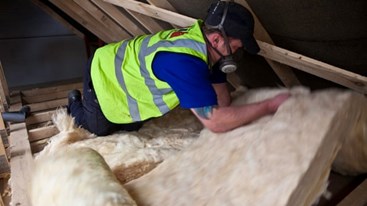
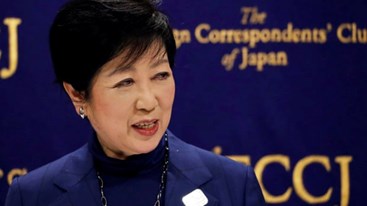

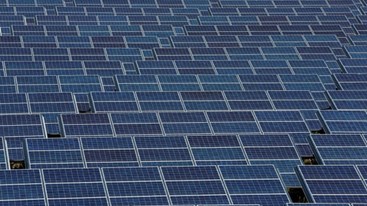
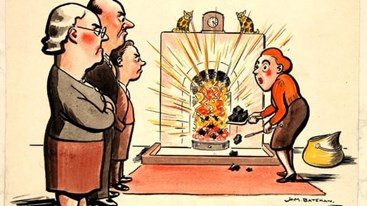

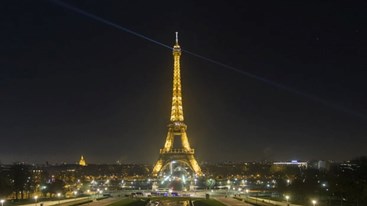
.jpg?w=367&h=206&mode=crop) Energy efficiency and conservation usage is an important aspect of the national energy development strategy
05/03/2024
Energy efficiency and conservation usage is an important aspect of the national energy development strategy
05/03/2024
 Challenges and Opportunities to promote energy efficiency market in Vietnam
Challenges and Opportunities to promote energy efficiency market in Vietnam
 The Ministry of Industry and Trade requests government agencies to coordinate in organizing Earth Hour 2024
The Ministry of Industry and Trade requests government agencies to coordinate in organizing Earth Hour 2024
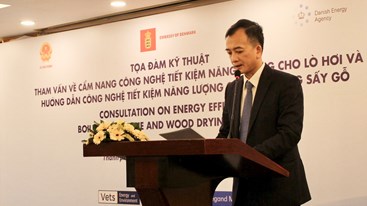 Consultation on Energy Efficiency Boiler Catalogue and Wood Drying Guideline
Consultation on Energy Efficiency Boiler Catalogue and Wood Drying Guideline
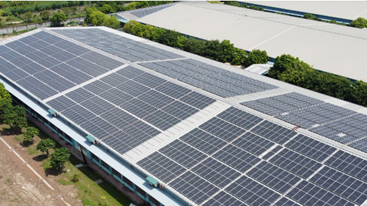 Son Ha Co., Ltd, applies energy efficiency and conservation measures
Son Ha Co., Ltd, applies energy efficiency and conservation measures
.png?w=367&h=206&mode=crop) Request for expression of interest - C2.1.13: Capacity Building on energy efficiency policies development
Request for expression of interest - C2.1.13: Capacity Building on energy efficiency policies development
 Phuc Kien Co., Ltd., is effectively implementing energy-saving measures
Phuc Kien Co., Ltd., is effectively implementing energy-saving measures
 Request for expression of interest - C2.1.12: Independent monitoring of safeguards implementation
Request for expression of interest - C2.1.12: Independent monitoring of safeguards implementation